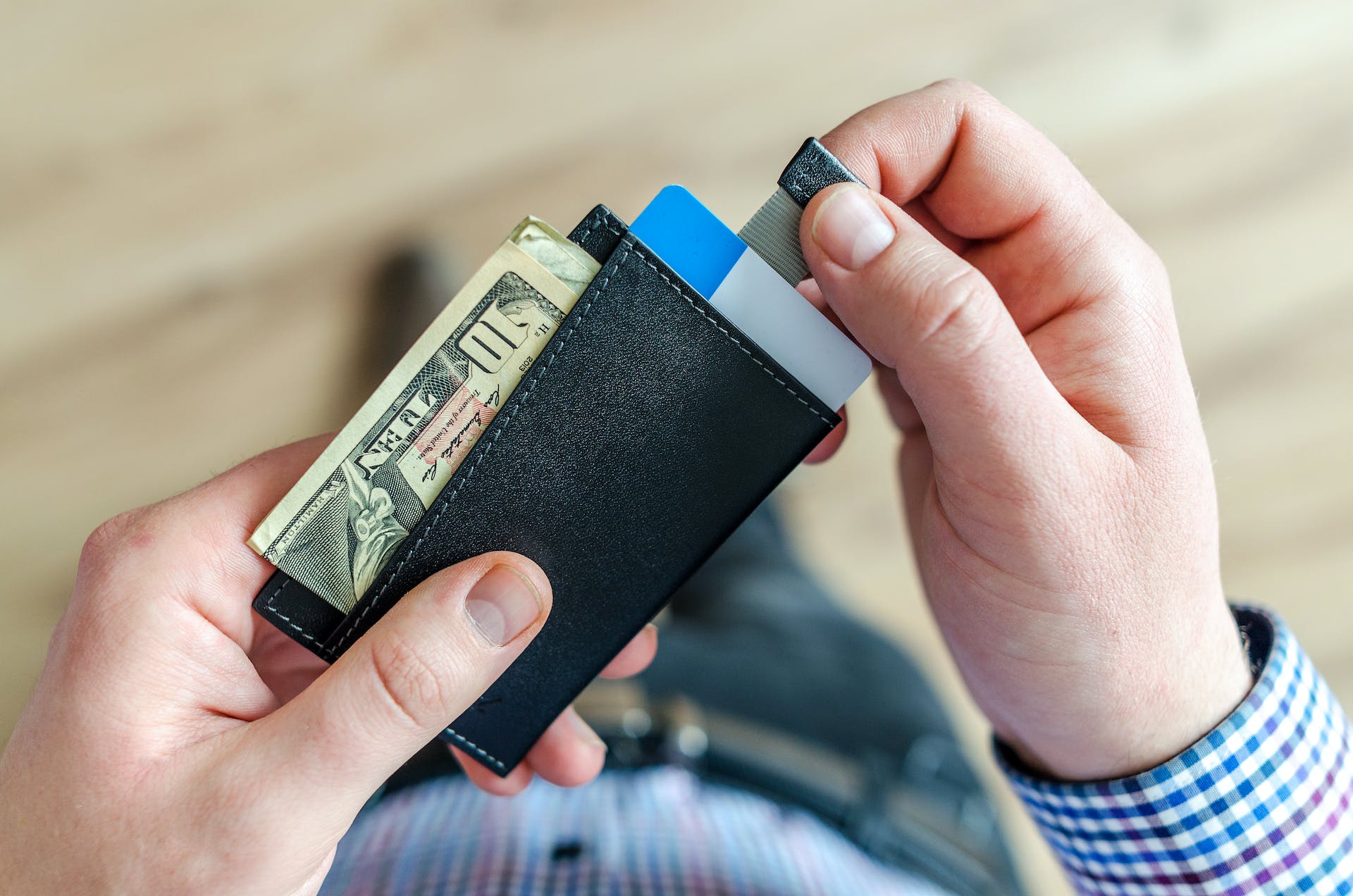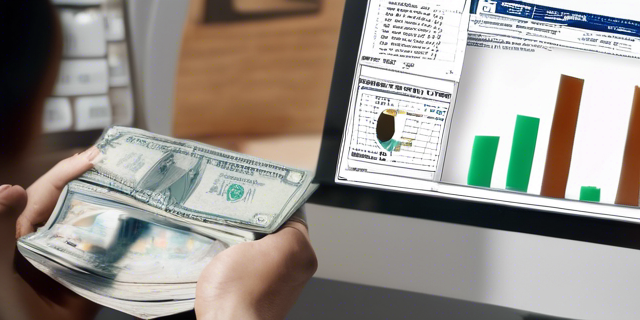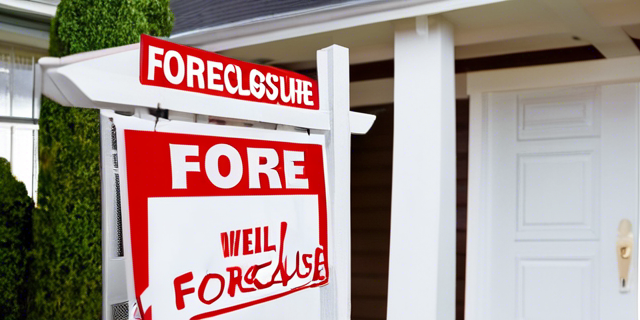Should I Choose Debt Settlement or Bankruptcy? Weighing the Pros and Cons

Debt Settlement or Bankruptcy
If debt feels crushing and overwhelming, you may be considering options like debt settlement or bankruptcy for relief. Both can eliminate or reduce balances you realistically cannot pay.
However, debt settlement and bankruptcy also impact your finances and credit for years. The choice has lasting pros and cons to weigh carefully.
Assessing If You Need Debt Relief
Before weighing debt settlement vs bankruptcy, confirm you rigorously tried easier options without success. Steps like budgeting, calling creditors for relief, or consolidating debt often provide some breathing room.
Consider settlement or bankruptcy more seriously after exhausting steps like:
- Creating a budget to direct more money toward debt
- Contacting creditors to lower interest rates or create affordable payment plans
- Consolidating debts into a lower payment through lending
- Trying debt management with a credit counseling agency
If your financial hole still feels too deep, debt settlement or bankruptcy may be the lifeline needed.
How Debt Settlement Plans Work
Debt settlement, also called debt arbitration or debt negotiation, is an agreement between a consumer and creditor to settle a debt for less than the balance owed.
For example, if you owe $10,000 on a credit card, the card company may agree to accept a $4,000 lump sum as payment in full. The remaining $6,000 balance gets waived.
Debt settlement pros revolve around eliminating debt while avoiding bankruptcy. However, steep settlement cons exist too.
The Debt Settlement Process
The debt settlement process typically works as follows:
- You stop paying creditors and instead save money in a dedicated account. This helps show “hardship”.
- A settlement company or attorney negotiates with creditors on your behalf to settle debts.
- Once enough money accumulates in the account to make a worthwhile offer, the settlement company presents it to individual creditors.
- With luck, creditors accept the offer and agree to waive the remaining balance.
- If creditors refuse, higher offers get presented over time until a settlement happens.
Debt settlement takes diligence since accounts will become delinquent when payments stop. Plus, ample savings must accumulate to fund settlements.
Weighing the Pros of Debt Settlement
Benefits are the main reason consumers choose debt settlement. Before committing, review key pros like:
Settlements Discharge Debt
Settling a $10,000 balance for $4,000 discharges the remaining $6,000 you owe. This feels like a blessing if unable to realistically pay debts in full.
Avoiding Bankruptcy
For many, bankruptcy carries a shameful stigma and painful credit damage. Settling debt means avoiding this undesirable last resort.
Paying Less Overall
Settling multiple debts likely means paying far less money overall compared to the actual balances owed. More available income can then cover priorities.
Closing Accounts Without Ongoing Payments
Once settlements discharge balances, the accounts get closed. There are no further payment obligations.
Getting Immediate Collection Relief
When you stop payments, collections activity like calls and letters may halt quickly since creditors see you cannot pay. This brings welcomed (though temporary) relief.
Preserving Assets
Bankruptcy liquidates assets like cars and homes to repay debts not discharged. Debt settlement lets you keep assets.
Factoring in Major Cons of Debt Settlement
Unfortunately, most pros of debt settlement come with matching cons to weigh seriously. Consider these downsides first:
Paying Upfront Fees
Settlement firms charge advance fees ranging 15% to 25% of enrolled debt. These fees take precious funds needed to save for settlements.
If no settlements happen, you paid hefty fees for nothing while accounts sank further past due.
Severe Credit Damage
When accounts become delinquent, lates and defaults hammer credit scores down by 100+ points or more. This can last for years.
Ongoing Interest and Penalties
While enrolled, accounts continue accruing interest, fees, and penalties until reaching settlement. Balances inflate rapidly.
Potential Tax Liability
The IRS may count discharged debt from settlement as taxable income. This can create a sudden tax bill.
Risk of Lawsuits & Bank Levies
If the process drags on and creditors see no good faith efforts to pay, they may sue or attempt bank levies to recover balances owed.
No Guarantees
Creditors have no obligation to accept settlement offers, which are typically 30% to 50% of the balance owed. There is no guarantee settlements will successfully eliminate debts.
How Bankruptcy Protection Works
If unable to shoulder debt settlement cons, filing bankruptcy may be the best choice despite its own pros and cons.
Claiming Protection Under the Bankruptcy Code
Over 1 million consumers annually claim protection under the federal Bankruptcy Code. It offers immediate relief like stopping collections plus discharging qualifying debts.
Two main bankruptcy chapters help consumers:
Chapter 7 Bankruptcy
Chapter 7 liquidates non-exempt assets like extra cars, boats, and real estate. Sale proceeds repay debts. Remaining dischargeable debts get wiped out.
Chapter 7 has no payment plans. Debt relief happens relatively quickly in months.
Chapter 13 Bankruptcy
Chapter 13 has repayment plans lasting three to five years. Most debts still discharge upon completion. Consumers keep all assets in exchange for making payments.
Weighing the Pros of Bankruptcy
Weigh key upsides if considering bankruptcy over settlement:
Immediate Stop to Collections
Upon filing, the automatic stay halts collections, wage garnishment, lawsuits, and more. This gives financial breathing room.
Eliminating Unsecured Debt
Most unsecured debts like credit cards, medical bills, personal loans, and past-due utilities get fully discharged with no further payment obligations.
Catching Up on Secured Debts
Filers can use Chapter 13 plans to catch up on secured debts like auto loans or mortgages by making payments over time. This allows keeping assets.
Discharging Tax Debt
Old income taxes, payroll taxes, and certain other taxes qualify to discharge after timely payments under Chapter 13. Debt settlement rarely eliminates tax debt.
Improved Credit Sooner
Responsible credit use after bankruptcy often rebounds credit scores within 12 to 24 months. Debt settlement damage remains far longer.
Lowered Stress and Emotions
The full debt elimination fresh start often renews positive financial attitudes. Emotional health and stress improve in tandem with finances.
Factoring in Key Cons of Bankruptcy
However, bankruptcy has certain disadvantages and risks too:
High Attorney Fees
Many cannot successfully file pro se. Attorney fees often range $1,500 to $3,500, putting bankruptcy out of reach for low-income debtors.
Humiliating Credit Damage
Chapter 7 bankruptcies stay on credit reports for 10 years with severe scoring impacts during that time. Chapter 13 shows for 7 years.
Loss of Collateral Assets
Chapter 7 liquidates cars, homes, and non-retirement investment assets not protected by exemptions. This causes major life disruptions.
Complications for Reaffirming Secured Debts
Filers wishing to keep assets like mortgaged homes or financed cars must continue payments under strict rules. Default risks remain if unable to keep up reaffirmed payments.
Limitations to Filing Frequency
Consumers must wait 4 to 8 years between Chapter 7 or Chapter 13 filings. So bankruptcy options remain closed for years if difficulties recur.
Choosing Between Debt Settlement and Bankruptcy
With various pros, cons and uncertainties highlighted for both debt settlement and bankruptcy, how do you choose?
Carefully weigh which option best aligns with factors like:
Your Income and Asset Situation
If lacking enough income to save for settlements or pay bankruptcy attorney fees, the choice becomes forced based on money alone. If finances allow either option, focus more on other factors.
Your Comfort With Collections and Lawsuits
Bankruptcy stops collections immediately upon filing. Debt settlement permits ongoing collection efforts. How well could you withstand daily calls and potential legal action?
Your Credit Needs and Goals
Settlement causes longer credit damage. But bankruptcy could forfeit assets holding emotional value if unable to exempt or reaffirm them. Align the options with credit and lifestyle priorities.
Your Emotions and Discipline
Debt settlement only succeeds with extreme discipline to save constantly without wavering while accounts sink unpaid. If emotions could derail savings, structure may be better.
Getting Additional Guidance
With so much at stake when choosing between debt settlement and bankruptcy, consider additional input from professionals. Speaking to a bankruptcy attorney and debt settlement specialist allows comparing both perspectives.
Many offer initial consultations for free or at low cost. You can then judge which path forward seems wiser for your unique situation.
Conclusion: Weigh Carefully, Then Act Decisively
When grappling with overwhelming debt, escapist fantasies of some miraculous rescue solution occurring seem comforting. But after researching options like settlement and bankruptcy, realize action must happen.
The right path forward requires thoroughly weighing all pros, cons and self-awareness consistently over time – not just in desperate moments. Consider perspectives beyond your own limited ones through trusted advisors.
Whichever step ultimately makes sense, pursue it with full commitment, discipline, and ownership rather than hoping an option randomly appears to eliminate debts instantly without sacrifice or effort. Progress conquering debt happens methodically when matching remedies to individual circumstances.
So implement a debt solution that aligns logically with your full range of financial and personal needs…then walk the path decisively.
Frequently Asked Questions
Should I choose debt settlement or bankruptcy?
The right option depends fully on your unique situation. Weigh all pros, cons, costs and personal factors across both to determine what works best for you. Speaking to both a bankruptcy lawyer and debt settlement firm helps consider perspectives.
How much will debt settlement cost me?
Debt settlement firms typically charge 15% to 25% of enrolled debts, which covers their fees through the full process. Much of this is collected upfront after initial setup. This takes thousands that could otherwise get directed to settlements.
Can bankruptcy eliminate tax debt?
Certain tax debt meets qualifications for discharge under Chapter 7 or elimination through Chapter 13 repayment plans. The rules are complex, so discuss specifics with a bankruptcy lawyer. By contrast, debt settlement has very limited applicability to tax obligations.
Is debt settlement bad for your credit?
yes, debt settlement damages credit profoundly. Defaulted accounts get reflected for up to 7 years. Plus credit scores can plummet by 150 to 250 points while accounts are unpaid and delinquent during the debt settlement period. This damage remains for a long time.
Does debt settlement avoid tax liability too?
No, settled debt could still get reported to the IRS as taxable income if $600 or more. Expect to receive a 1099-C form from creditors indicating cancelled debt amounts. You are responsible for paying income taxes accordingly if debts qualify as taxable.









Thank you for your sharing. I am worried that I lack creative ideas. It is your article that makes me full of hope. Thank you. But, I have a question, can you help me?
Yes of course.